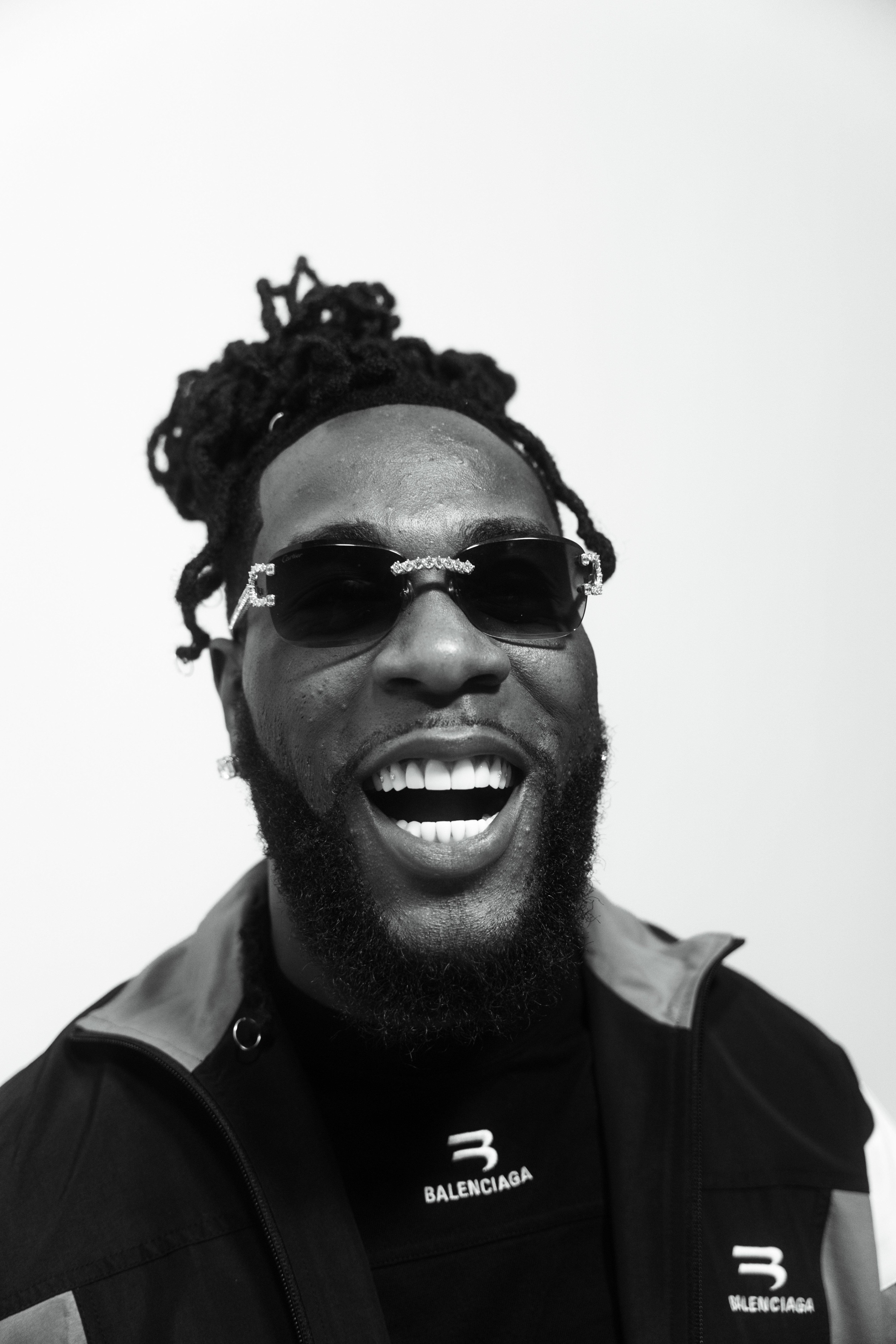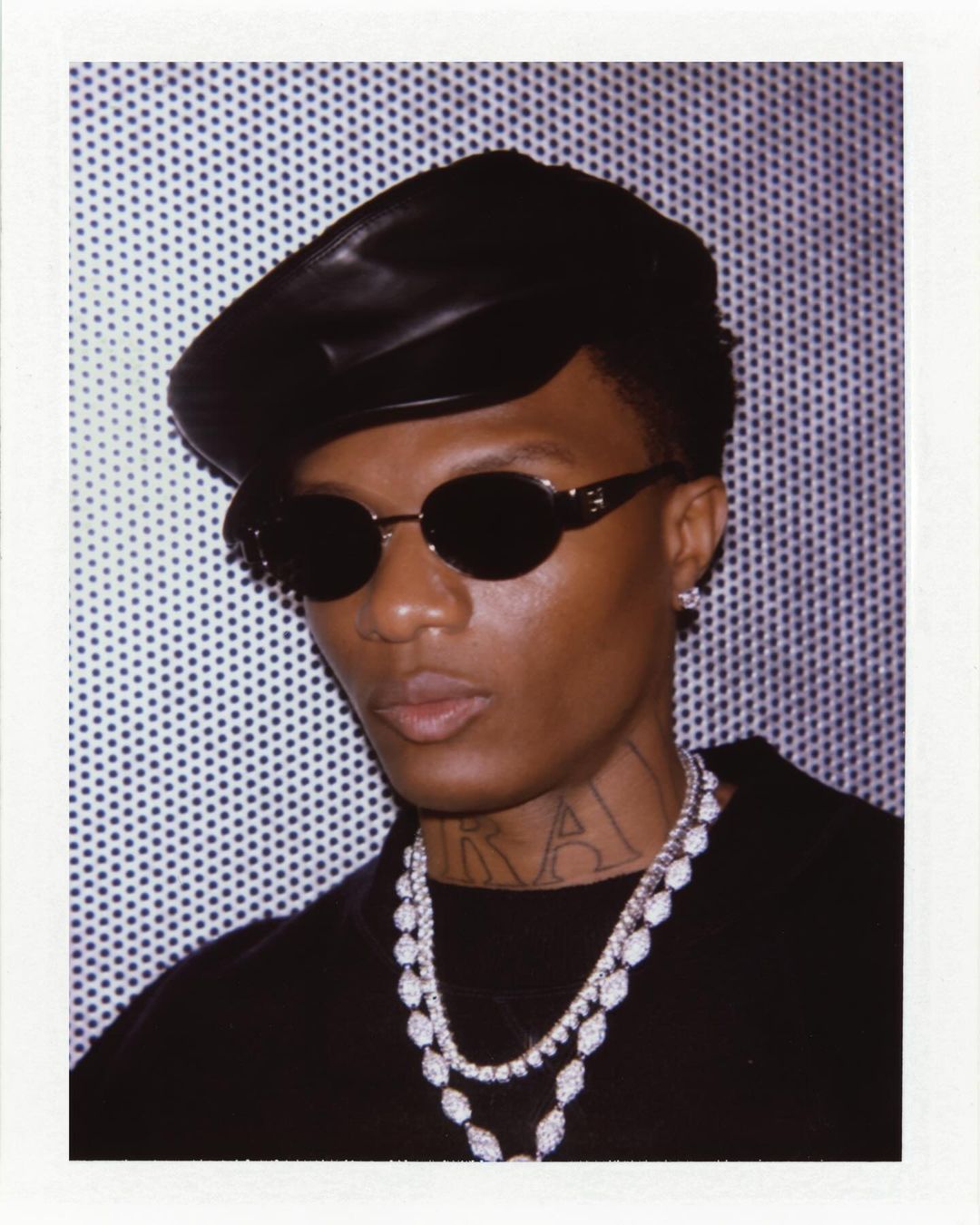Guardians of African Excellence: The African Hall of Fame, as the custodian of history, celebrates impactful individuals who have left an indelible mark on the African continent, meticulously chronicling their groundbreaking achievements across borders.
The Evolution of Afrobeat: From Fela Kuti’s Revolutionary Rhythms to the Global Rise of Afrobeats
By Sandra KOPA
Introduction: From Lagos to the World
There are few stories in contemporary music as profound, culturally rich, and globally transformative as the story of Afrobeat. Not to be confused with the newer “Afrobeats” (with an “s”), the genre birthed by the legendary Fela Anikulapo Kuti in the 1970s was not just music—it was movement, message, and mission all in one. What began as a revolutionary sound that shook Nigeria’s political and cultural establishment has evolved into a genre that now fills stadiums worldwide, redefines global pop, and shapes the identities of new generations of Africans and the diaspora.
But as Afrobeat and its descendant Afrobeats continue to dominate charts, attract global collaborators, and influence fashion, film, and dance, a critical question arises: Are we remembering the roots? Are we giving proper credit where it's due?
Recent claims from anonymous sources and opportunistic commentators suggesting new ownership or redefinition of Afrobeat’s origins are not only historically false—they’re an erasure of cultural legacy. This article sets the record straight, tracing the rise of Afrobeat from its revolutionary beginnings to its global present, while reaffirming the truth: Fela Kuti was, is, and will remain the father of Afrobeat.
Chapter One: Fela Kuti and the Birth of Afrobeat
The Afrobeat genre was conceived in the mind and music of Fela Ransome-Kuti, later known as Fela Anikulapo Kuti, in the late 1960s. While studying music abroad and performing in the U.S. and the UK, Fela began to fuse the highlife and Yoruba music he grew up with, the jazz of Miles Davis, the funk of James Brown, and the political teachings of figures like Malcolm X and Kwame Nkrumah.
His musical evolution accelerated after a pivotal trip to Los Angeles in 1969, where he met Sandra Izsadore, a member of the Black Panther Party, who introduced him to revolutionary literature and black consciousness. This encounter would change the direction of his music forever.
“Music is the weapon of the future.” – Fela Kuti
Afrobeat was born—not just as a new sound, but as a bold ideological force. Songs like Zombie, Water No Get Enemy, and Shuffering and Shmiling addressed military oppression, spiritual corruption, Western imperialism, and societal complacency. Fela’s performances with his band, Africa ‘70, and later Egypt ‘80, became multi-hour spectacles that combined percussive improvisation, searing saxophone solos, traditional call-and-response, and defiant, often satirical, lyrics.
Afrobeat was and remains deeply rooted in resistance, African pride, and social justice.
Chapter Two: Legacy Under Siege—The 1980s and 1990s
Following Fela’s imprisonment in 1984 and his eventual death in 1997, Afrobeat experienced a decline in mainstream popularity. However, its influence never disappeared. In the background, artists like Femi Kuti and Seun Kuti, Fela’s sons, carried the torch both musically and politically.
Meanwhile, underground and diasporic musicians across Europe and the U.S. kept the Afrobeat fire alive. Artists like Tony Allen, Fela’s legendary drummer and co-architect of the sound, began releasing solo records, collaborating with musicians from other genres, and touring globally.
Still, Afrobeat remained a niche—revered by musicians, intellectuals, and Africanists, but largely uncommercial.
Chapter Three: The Emergence of “Afrobeats” and the New Wave
In the early 2000s, a shift occurred. Nigerian youth, growing up in a post-military, tech-savvy, mobile-first society, began creating a new sound that borrowed from Afrobeat’s rhythm but replaced its political fire with themes of love, enjoyment, hustle, and self-expression.
This modern genre—Afrobeats with an “s”—was spearheaded by artists such as D’banj, P-Square, and 2Baba (formerly 2Face Idibia). The likes of Don Jazzy, a beatmaker and mogul, helped refine the sound into a commercially viable force.
The music retained Afrobeat’s polyrhythms and linguistic flair (Yoruba, Pidgin, Igbo, etc.) but incorporated R&B, hip-hop, dancehall, and EDM. It was global music from the start.
By the 2010s, artists like Wizkid, Davido, and Tiwa Savage were making hits that not only dominated the continent but crossed over to Europe, the U.S., and beyond.
Chapter Four: Burna Boy, Grammys, and the Afrobeat-Afrobeats Debate

Perhaps no artist has navigated the terrain between Afrobeat and Afrobeats more adeptly than Burna Boy. His musical palette openly references Fela Kuti—both sonically and politically. With albums like African Giant and Twice As Tall, Burna Boy revived Afrobeat's original defiance, weaving in references to Pan-Africanism, Black pride, and anti-imperialism.
When he won the Grammy Award for Best Global Music Album in 2021, it was not just a personal win—it was a moment of global recognition for Afrobeat’s legacy and Afrobeats’ relevance.
At this juncture, it’s critical to note: Afrobeats is not an evolution of Afrobeat; it is a cousin born of a different era, inspired by the same soil but telling a new story. They are distinct genres. One cannot exist without the other, but one must not pretend to be the other’s origin.
Chapter Five: Rejecting False Claims and Misattribution
Recently, there have been attempts by anonymous sources or unaffiliated entities to claim origination of Afrobeat or distort its history. Let the record be clear:
Fela Anikulapo Kuti is the sole originator of Afrobeat.
Any statement or attempt—anonymous or otherwise—to shift this fact is not only false, but insulting to the decades of cultural struggle, political imprisonment, and artistic revolution led by Fela and his collaborators. Afrobeat is rooted in struggle, and Fela was its architect, engineer, and messenger.
Afrobeats, while immensely popular and a cultural beacon in its own right, stands on the shoulders of Fela’s Afrobeat. The genre’s stars—from Wizkid to Tems—have often paid tribute to this truth. Any narrative suggesting otherwise is revisionist and should be rejected outright.
Chapter Six: The Global Embrace of African Sound
Today, Afrobeat and Afrobeats dominate music festivals across the world—from Coachella to AfroNation. Stars like Tems, Rema, Fireboy DML, Asake, and Ayra Starr continue to push boundaries, incorporating spiritual motifs, futuristic production, and global collaboration.
Yet even amid the glitz, the unmistakable spirit of Afrobeat remains: politically conscious artists like Seun Kuti, Made Kuti, and Falz keep the flame burning, reminding the world that Afrobeat was never just about dance—it was about truth.

Chapter Seven: Wizkid – The Torchbearer of a New Era
No conversation about the modern global explosion of Afrobeats is complete without the mention of Ayodeji Ibrahim Balogun, better known to the world as Wizkid. While Afrobeat was rooted in the social consciousness of Fela Kuti’s era, and Afrobeats took flight through a collage of dance-friendly melodies and club-ready rhythms, Wizkid stands uniquely as the bridge between tradition and transformation.
Emerging in 2010 with his breakout track “Holla at Your Boy” under Banky W’s EME Records, Wizkid quickly rose to prominence across Nigeria and West Africa. But it was his uncanny ability to blend Yoruba lyrics with global pop sensibilities that set him apart. His sound was clean, catchy, and unmistakably African—but also universal.
Wizkid didn’t just ride the wave; he helped create it.
Breaking Down Borders
Wizkid’s 2016 collaboration with Drake on “One Dance” was a historic moment—not only did the track top the Billboard Hot 100 for 10 consecutive weeks, it marked the first time a Nigerian artist had infiltrated global pop radio so pervasively. This success signaled a turning point, demonstrating that African rhythms could thrive—not just survive—on the world’s biggest stages.
From then on, Wizkid became a gateway artist: the one who introduced millions of non-Africans to the genre and ignited curiosity about its roots. He wore his cultural identity with pride, performing barefoot in traditional outfits and incorporating pidgin and Yoruba lyrics into songs that topped international playlists.
Made in Lagos: A Cultural Milestone
In 2020, Wizkid released Made in Lagos—an album that was not just a musical triumph but a global cultural event. It delivered mature storytelling, sonic sophistication, and collaborative brilliance. The album’s standout track, “Essence”featuring Tems, became the first Nigerian song to chart on the Billboard Hot 100 without a Western feature—until Justin Bieber jumped on the remix and propelled it even further.
"Essence" was more than a hit—it was a declaration. That Afrobeat could be soulful. That African artists could be sexy, introspective, and suave—not just energetic and brash. That the genre didn’t need to conform to Western pop; it could bring the world to Lagos instead.
A New Light, Not a Departure
Wizkid’s brilliance lies in his reinterpretation, not abandonment, of Afrobeat’s legacy. While he doesn’t mirror Fela’s confrontational politics, he channels the same cultural confidence and innovative spirit. He is not trying to replicate Afrobeat—he is expanding its possibilities.
Wizkid’s subtlety, restraint, and sonic evolution gave birth to a new phase in the Afrobeat story—a quieter, more melodic revolution, just as radical in its reach.
Final Thoughts: Wizkid, Fela, and the Future
As we reflect on the journey from Fela’s Afrobeat to Wizkid’s Afrobeats, it’s clear that the story isn’t one of replacement—but of rebirth. Fela built the house; Wizkid opened the windows, letting in the world.
By refusing to dilute his identity and insisting on meeting the world on African terms, Wizkid helped catalyze an era where being African is not just accepted—but celebrated.
He didn’t just contribute to Afrobeats—he defined its global phase, proving that Africa isn’t coming. Africa is here.
Conclusion: Honoring the Past, Owning the Future
Afrobeat and Afrobeats now shape the soundtrack of the 21st century. But as Africa’s rhythms move bodies from Lagos to London, Accra to Atlanta, the legacy of Fela Kuti must be upheld, not erased.
This genre is more than music—it’s identity, resistance, innovation, and joy. And while the global stage is big enough for many stars, the truth has only one name:
Fela Anikulapo Kuti—Originator. Revolutionary. Legend.
Behold a gallery of visionaries, pioneers, and change-makers who have sculpted the narrative of Africa's ascent to greatness. These luminaries, hailing from diverse corners of this vibrant continent, have not only shattered ceilings but have built bridges that span the globe. As you navigate the hallowed halls, you will encounter the stories of individuals whose names have become synonymous with progress, empowerment, and transformation.
AFRICA HALL OF FAME
© 2025 africahalloffame.org The African Arts and Culture Academy